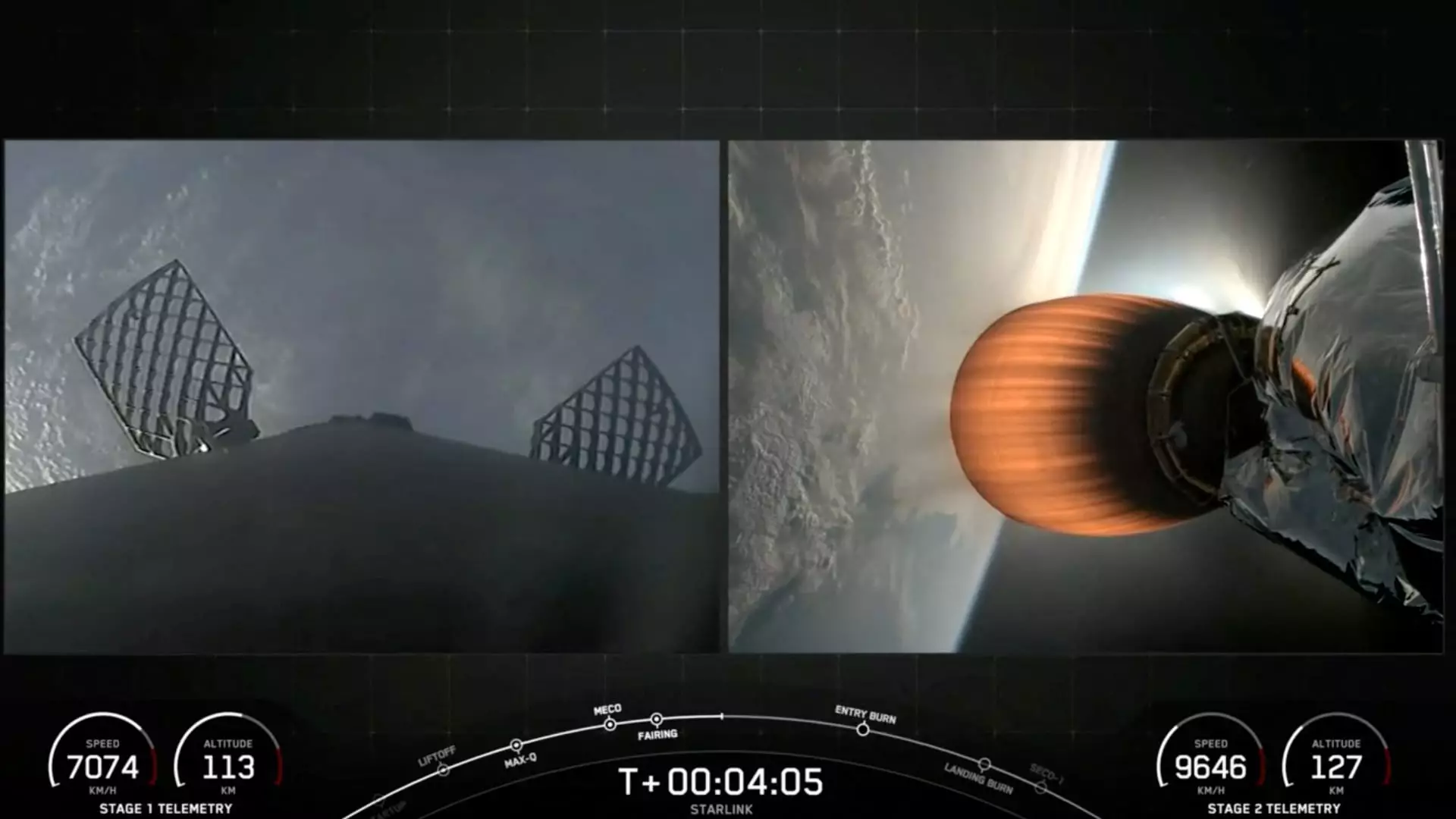SpaceX’s Falcon 9 rocket recently experienced an inflight failure, resulting in a rare setback for the company’s reliable vehicle. The incident occurred during the “Starlink Group 9-3” mission, which was intended to launch 20 satellites into low Earth orbit. While the lower first stage of the rocket performed as expected, the upper second stage failed to reignite its engine as planned, leading to its destruction. SpaceX CEO Elon Musk confirmed the upper stage restart failure on social media, citing an engine Rapid Unscheduled Disassembly (RUD) for reasons currently unknown.
Following the incident, SpaceX grounded the Falcon 9 rocket pending an investigation. The Federal Aviation Administration (FAA) must approve SpaceX’s final report on the incident, including any corrective actions, before the rocket can resume flights. This grounding is expected to delay upcoming launches, including two crewed missions: The private Polaris Dawn and NASA’s Crew-9. Despite the setback, SpaceX managed to deploy the 20 Starlink satellites, albeit in a lower than intended orbit.
In an effort to salvage the situation, SpaceX made contact with 10 of the satellites to utilize their onboard thrusters to climb higher in orbit. However, due to the “enormously high-drag environment” caused by the lower orbit, the satellites will not be recovered. They are expected to re-enter Earth’s atmosphere and burn up, with SpaceX reassuring that they pose no threat to other satellites or public safety.
A History of Success
While this incident highlights a rare failure for the Falcon 9 rocket, it is important to recognize SpaceX’s track record of success. Prior to this inflight failure, Falcon 9 had achieved over 300 consecutive successful orbital launches, demonstrating its reliability as a workhorse vehicle. Since its last inflight failure in 2015, the rocket has completed 354 missions to orbit, with the majority resulting in successful landings and the reuse of rocket boosters over 280 times.
The recent grounding of SpaceX’s Falcon 9 rocket serves as a reminder of the inherent risks and complexities of space travel. While setbacks are inevitable in such a high-stakes industry, it is crucial for companies like SpaceX to conduct thorough investigations, learn from failures, and continue to innovate in order to push the boundaries of space exploration. This incident underscores the importance of diligence, transparency, and resilience in the pursuit of advancing humanity’s presence in space.


Leave a Reply